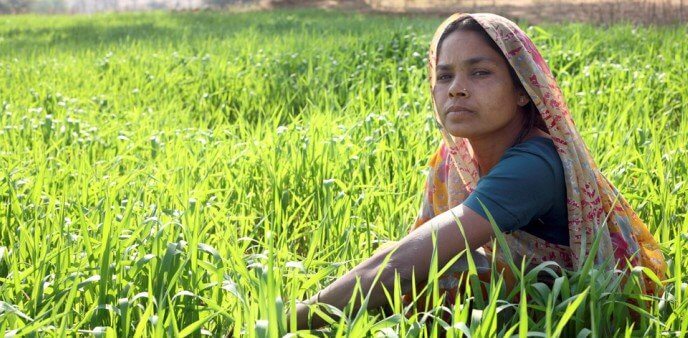Saving the Farmer, Protecting the Earth
Popularising agro-ecological practices and sustainable agriculture and making farming stress-free for small farmers and agricultural labour.
Agriculture continues to be an important source of livelihood for almost two third of India’s rural population.But the sector is in huge distress. According to the 2011 Census, the number of farmers has gone down by nearly 9 million since 2001.Acclaimed Indian journalist and the Ramon Magsaysay awardee, P Sainath who writes on social issues has analysed Census figures to show that 2035 farmers are quitting farming everyday in our country. The reasons behind this trend are many — including increasing input cost, inadequate support price, lack of both institutional credit and comprehensive risk coverage, and lack of investment in the agrarian sector. The most tragic consequence of this neglect are farmer suicides. From 1995 to 2013, a total of 296,438 Indian farmers have committed suicide – which translates into almost 42 farmer suicides a day.
Some people argue that India should replicate the population shift away from agriculture seen in developed economies, however that is now a historical impossibility and an ecological dead-end. Industrialised agriculture has created ecological crises in the form of lowering water tables, the spread of dangerous pesticides have ruined ecosystems. At the same time food prices have increased and the small farmer has found agricultural too risky and with very low returns. Farmer suicides are a symptom of the extreme distress faced in the agrarian sector.
We need to build agriculture into a stress-free, ecologically sound and sustainable process that provides dignified livelihood and also builds both food security and food sovereignty for all.
ActionAidIndia with its allied organisations is working towards:
- Creating sustainable solutions for farmers,
- reducing drudgery in agriculture by promoting appropriate technology,
- preserving seed diversity, building seed banks and ensure farmers’ access to good seeds,
- encouraging agro-ecological practices and low input processes of crop intensification,
- preserving pasture lands, forests, water bodies as commons to ensure ecological diversity within which low ecological impact agriculture can be practiced,
- Building farming and producer collectives so that agriculturalists can increase earnings from agriculture.
“It was not that people were happy with the pesticides and the chemical fertilizers, but they had lost contact with their traditional practices. Particularly, the new generation farmers do not have the knowledge of the sustainable farming practiced decades ago.”
– TapanBaishya of LOTUS, an organisation allied with ActionAidIndia in Assam.
ActionAid has accomplished the following in recent years:
- 4457 men and more than 3000 women are today practising sustainable forms of agriculture in the areas we work in
- Indigenous seeds are now stored in 200 villages promoting the practice of conserving indegenous seeds.


